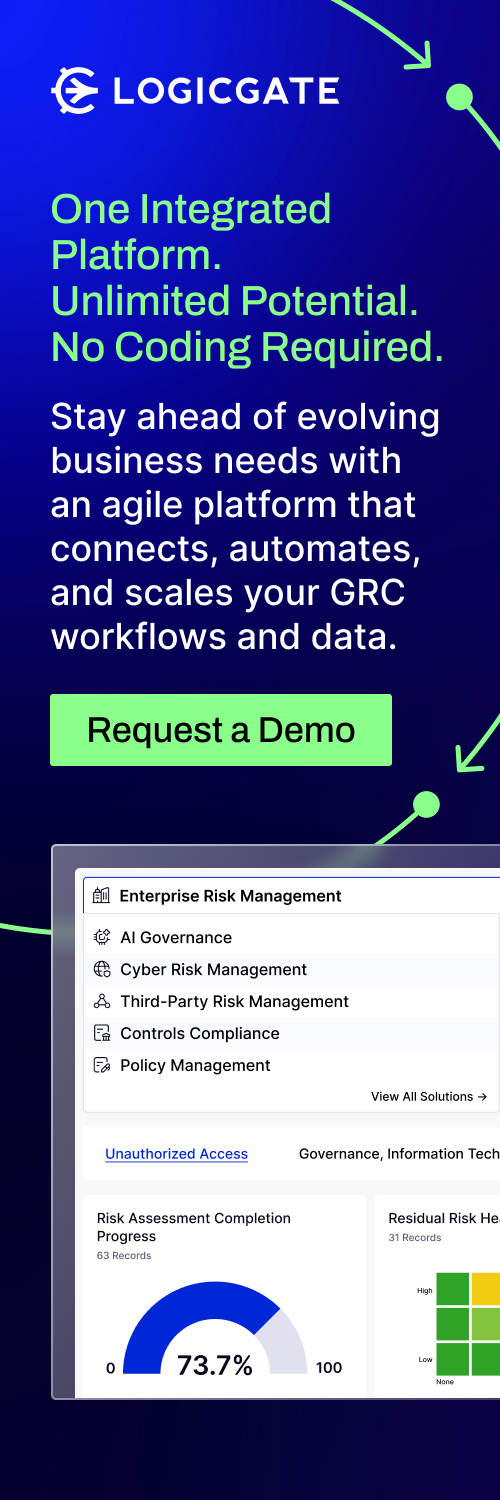NatWest Bank is fending off an astonishing 100 million cyber attacks every month, according to its head of cybersecurity, Chris Ulliott. Speaking to Members of the Scottish Parliament, Ulliott described how hackers are constantly probing the bank’s digital defences, forcing it to adopt aggressive cybersecurity measures.
Coinbase has disclosed a significant data breach involving insider threats, as revealed in a recent SEC filing. The breach did not stem from a direct compromise of Coinbase’s systems, but rather from external attackers bribing a group of customer support agents to extract customer data.
A newly discovered phishing campaign, dubbed "Meta Mirage," is targeting businesses using Meta's Business Suite, aiming to hijack high-value accounts that manage advertising and official brand pages.
Roblox Corporation is facing a class action lawsuit filed in California federal court that accuses the platform of secretly collecting and sharing data from children without proper consent.
New Hampshire has made history by becoming the first U.S. state to establish a Strategic Bitcoin Reserve, following the signing of House Bill 302 into law by Governor Kelly Ayotte.
The Office of the Comptroller of the Currency (OCC) has issued new guidance outlining the conditions under which national banks and federal savings associations can engage in crypto-asset custody and execution services.
The Verizon 2025 Data Breach Investigations Report (DBIR) reveals that third-party exposure and machine credential abuse are driving some of the most severe data breaches.
In recent weeks, UK retailers Marks & Spencer, Co-op, and Harrods have faced significant cyber attacks, raising concerns about the vulnerability of major businesses to sophisticated hacking tactics.














